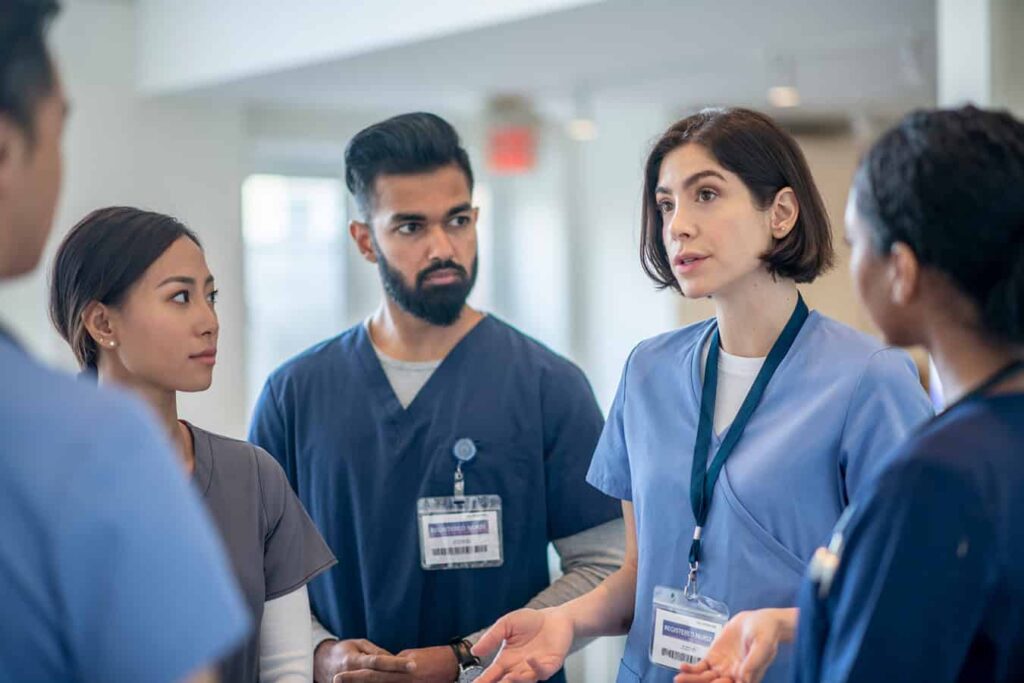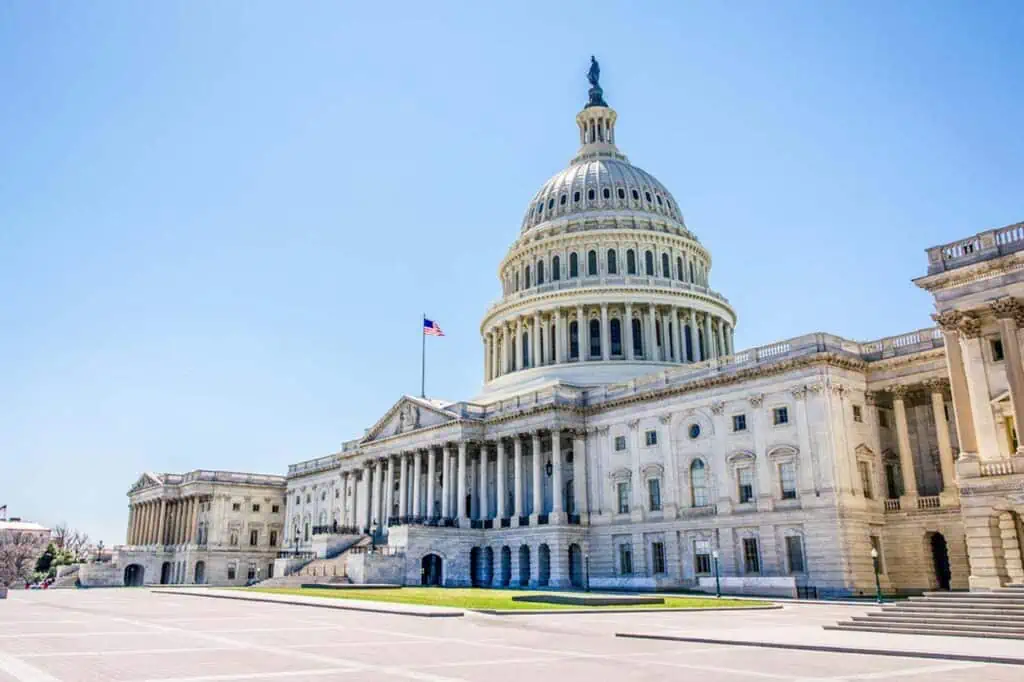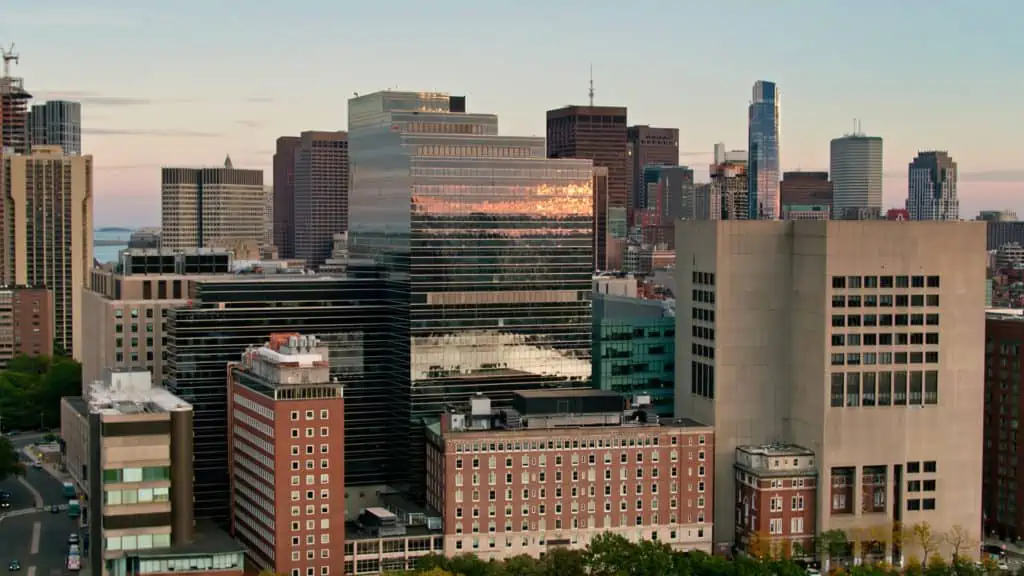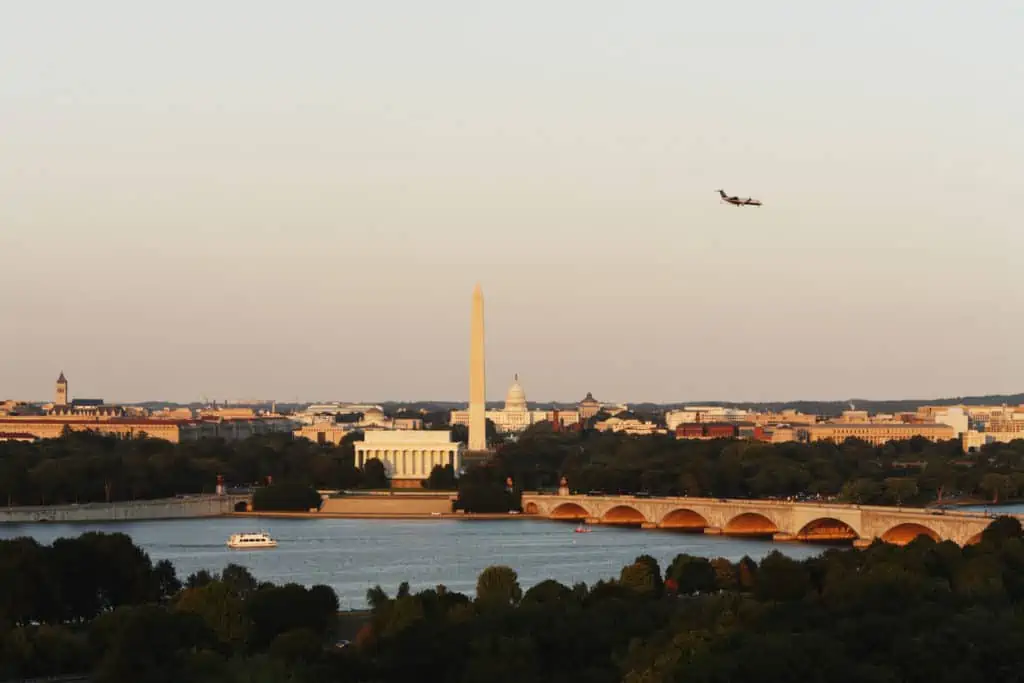How a New York Bill Would Allow Internationally Trained Physicians to Practice

In 2009, Dr. Islam moved to New York City from Bangladesh. Straightaway, he was struck by the lack of opportunities to work in medicine or in a health care role that made use of his skills and experience. Despite graduating from one of the top medical schools in Bangladesh and working there as a physician, he became one of the many internationally trained physicians who face significant barriers accessing medical licensure in the United States.
In 2020, Dr. Islam was able to obtain a limited permit to begin practicing medicine under the supervision of a fully licensed physician. “Serving patients in New York has been my greatest privilege. After calling New York home, it was incredibly rewarding to give back to my community. I love going to work every day, knowing that I will help and make an impact on people’s lives,” said Dr. Islam.
Yet Dr. Islam may not be able to continue his work with the patients of Wyckoff Heights Medical Center, since New York State’s limited permit only allows internationally trained physicians to practice medicine for an initial two years with one renewal. This permit is a critical pathway for internationally trained physicians who reside in the state to practice medicine in New York without first having to complete a U.S. residency; and while the New York State Education Department has the discretion to authorize additional permit renewals, in practice it has allowed limited permits to be renewed only once for a total of four years of practice.
“It’s disheartening to know that, despite years of providing quality care to patients in Bangladesh and New York, I may have to give up my career because there is no pathway for me to continue practicing medicine once my limited permit renewal expires,” said Dr. Islam.
Trained Immigrants as Part of the Solution to Health Care Shortages
There is an urgent need to address health care shortages in New York, where almost 5 million people who live in 183 federally designated primary care Health Professional Shortage Areas (HPSAs) have limited access to medical services. The state is projected to need an additional 1,220 primary care physicians by 2030. At the same time, internationally trained physicians are ready to contribute their training and experience to address the state’s health care shortage.
Immigrants already play a fundamental role in the delivery of health care services. More than 4 million immigrants live in New York, and as of 2021, they made up almost 40 percent of all health care workers in the state—including more than 33 percent of physicians and surgeons. The state’s immigrants also contribute significantly to the economy, paying $36.6 billion in federal taxes and $24.4 billion in state and local taxes. Creating accessible pathways to licensure will allow more immigrants to fill in-demand roles in the workforce and further bolster the economy.
Disparities in access to commensurate job opportunities exist across the health care sector. According to research by Migration Policy Institute, 165,000 immigrants and refugees with undergraduate health credentials degrees earned in another country are underemployed in the U.S., and 13,000 of these individuals live in New York. Many experts argue that, in the case of internationally trained doctors, access to sustainable employment pathways would be an investment in the health and livelihood of local communities
Pending Legislation Will Promote Pathways for Internationally Trained Health Workers
“In New York State, there are increasing opportunities. There are a number of states that have addressed licensing reform at the legislative and administrative level in health care, and we are delighted that New York State has a bill under consideration to try to expand an existing limited license to practice that international medical graduates have,” said Paul Feltman, Deputy Executive Director of WES Global Talent Bridge, in a webinar hosted by the Rockefeller Institute.
New York’s proposed legislation, S7002B, under consideration since early 2023, is a crucial step to ensure ongoing access to medical practice. As drafted, S7002B will allow internationally trained physicians to renew a limited permit every two years indefinitely, in turn allowing them to continue providing quality care to New Yorkers. The legislation would also dramatically increase employment opportunities for those holding permits, expanding the number and types of entities allowed to employ them. By allowing Dr. Islam and others to keep working and serving patients in New York, the bill would also help mitigate the existing health care shortage in the state.
Governor Hochul has consistently expressed her commitment to expanding access to occupational licensure and employment to internationally trained individuals, recognizing that opening doors to immigrant talent benefits the entire state. “By connecting work-eligible individuals with jobs and opportunity in New York, we can … secure a brighter future for all New Yorkers,” Governor Hochul said in a 2023 announcement regarding an initiative to integrate migrants and asylum seekers into the state’s workforce. Proposed legislation S7002B presents a significant opportunity for New York to continue advancing these shared interests and join states such as Colorado and Washington in passing legislation to remove barriers to practice.
By opening an ongoing pathway to practice, S7002B will benefit internationally trained physicians themselves who hold permits, the state economy to which they contribute, and New Yorkers in need of medical care. “New York is my home, and my patients are my family,” said Dr. Islam. “I would appreciate any opportunities to continue serving New Yorkers.” WES, alongside other advocates, hopes to see this bill enacted in this legislative session, to safeguard the ability of physicians like Dr. Islam to continue to practice.





